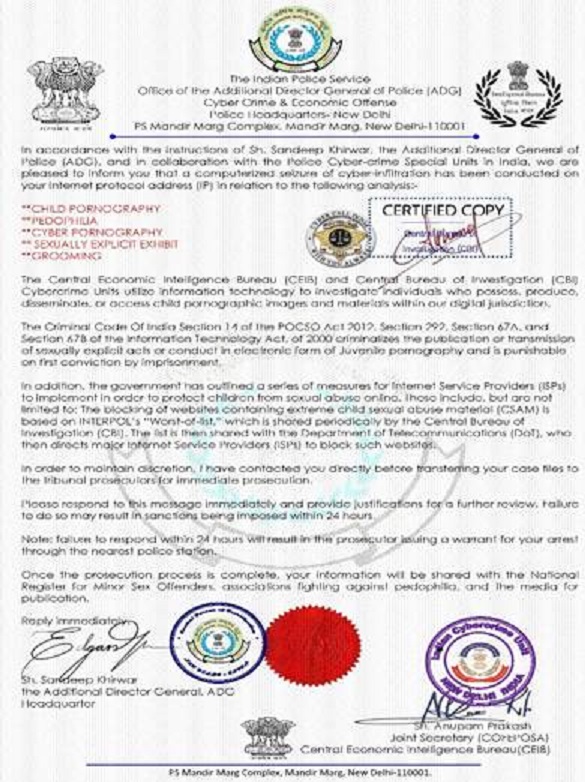Introduction: In the complex landscape of international trade, distinguishing between a Letter of Credit (LC) and a Bank Guarantee (BG) is crucial. This article delves into the categories of LC and BG, comparing fund-based and non-fund-based LCs, as well as understanding the broader commitments of a Bank Guarantee.
Letter of Credit (LC) and its categories:
Fund-based and non-fund-based are two categories of Letter of Credit (LC) arrangements, each serving different purposes:
Fund-Based LC:
1. In a fund-based LC, the issuing bank makes a direct payment to the beneficiary (seller) upon complying with the terms and conditions of the LC.
2. This type of LC involves the actual transfer of funds from the buyer’s account to the seller’s account, providing immediate payment upon fulfillment of the LC conditions.
3. Fund-based LCs are suitable for transactions where the buyer has the necessary funds available.
Non-Fund-Based LC:
1. In a non-fund-based LC, the issuing bank provides a guarantee to the beneficiary (seller) that it will make a payment if the buyer fails to fulfill their payment obligations.
2. Unlike fund-based LCs, there is no immediate transfer of funds in a non-fund-based LC. The payment is contingent upon the buyer’s default.
3. Non-fund-based LCs are often used when the buyer wants to secure goods or services but does not have the necessary funds readily available. It provides a form of assurance to the seller.
In summary, the key distinction lies in whether the LC involves an actual transfer of funds (fund-based) or if it serves as a guarantee without an immediate transfer of funds (non-fund-based). The choice between fund-based and non-fund-based LC depends on the specific needs and financial circumstances of the parties involved in the transaction.
In simple terms, a fund-based Letter of Credit (LC) means that when a buyer and seller agree to a transaction, the buyer’s bank guarantees immediate payment to the seller upon meeting certain conditions. It’s like handing over the money directly, ensuring quick and secure payment.
On the other hand, a non-fund-based LC is more like a promise. The bank assures the seller that if the buyer fails to pay, the bank will step in and make the payment. There’s no immediate transfer of money; instead, it’s a safety net for the seller, offering assurance that they’ll get paid even if the buyer encounters financial difficulties.
LCs at Sight & LCs at Usance:
LC at sight requires payment upon presentation of documents, while LC at usance allows a deferred payment based on agreed terms. For example, an LC at sight might demand immediate payment upon delivery, while an LC at usance could involve a 90-day payment period, providing the buyer time to settle the transaction.
Bank Guarantee (BG):
A Bank Guarantee is a commitment issued by a bank on behalf of a customer, ensuring that the customer will fulfill a specific obligation. It serves as a form of security in business transactions, assuring the recipient that they will receive payment or performance as agreed upon in a contract. If the customer fails to meet their obligations, the bank steps in to cover the financial loss up to the guaranteed amount. It’s a common tool in international trade and various commercial agreements.
For instance, Imagine you’re a contractor hired to build a hotel. The hotel owner wants assurance that you’ll complete the project as agreed. In this scenario, you could provide a bank guarantee.
1. Agreement: You and the hotel owner agree on the terms of the construction project, including the completion date and quality standards.
2. Bank Guarantee Issuance: You approach your bank, and they issue a bank guarantee to the hotel owner. This guarantee states that if you fail to complete the project as per the agreement, the bank will compensate the hotel owner up to a specified amount.
3. Security for Hotel Owner: The hotel owner now has confidence that if you don’t meet your obligations—for example, if the construction is delayed or the quality is subpar—the bank will step in to cover the losses, ensuring they still receive the completed project or compensation.
4. Project Completion: You complete the hotel on time and according to the agreed-upon standards.
5. Bank Guarantee Expires: Once you fulfill your obligations, the bank guarantee expires, and the bank is no longer obligated to cover any potential losses.
In essence, the bank guarantee provides a safety net for the hotel owner, assuring them that the project will be completed as agreed or they’ll be compensated.
Fund Based LCs Vs. Non-Fund Based LCs Vs. BG:
- In simple terms, a fund-based Letter of Credit (LC) involves direct payment from the buyer’s bank to the seller upon meeting conditions. It’s like paying with ready cash.
- Non-fund-based LC is a promise of payment by the buyer’s bank if needed, providing a safety net without an immediate money transfer.
- A Bank Guarantee (BG) is a broader commitment by the bank, assuring payment to the beneficiary if the buyer defaults on any financial obligation, not just in the context of a specific trade transaction. It’s like having the bank vouch for the buyer’s financial integrity.
Conclusion: In summary, the choice between fund-based and non-fund-based LCs and Bank Guarantees hinges on the specific needs and financial circumstances of the parties involved in the transaction. Understanding these financial instruments is essential for navigating the intricacies of international trade, providing a secure framework for diverse business agreements.




























